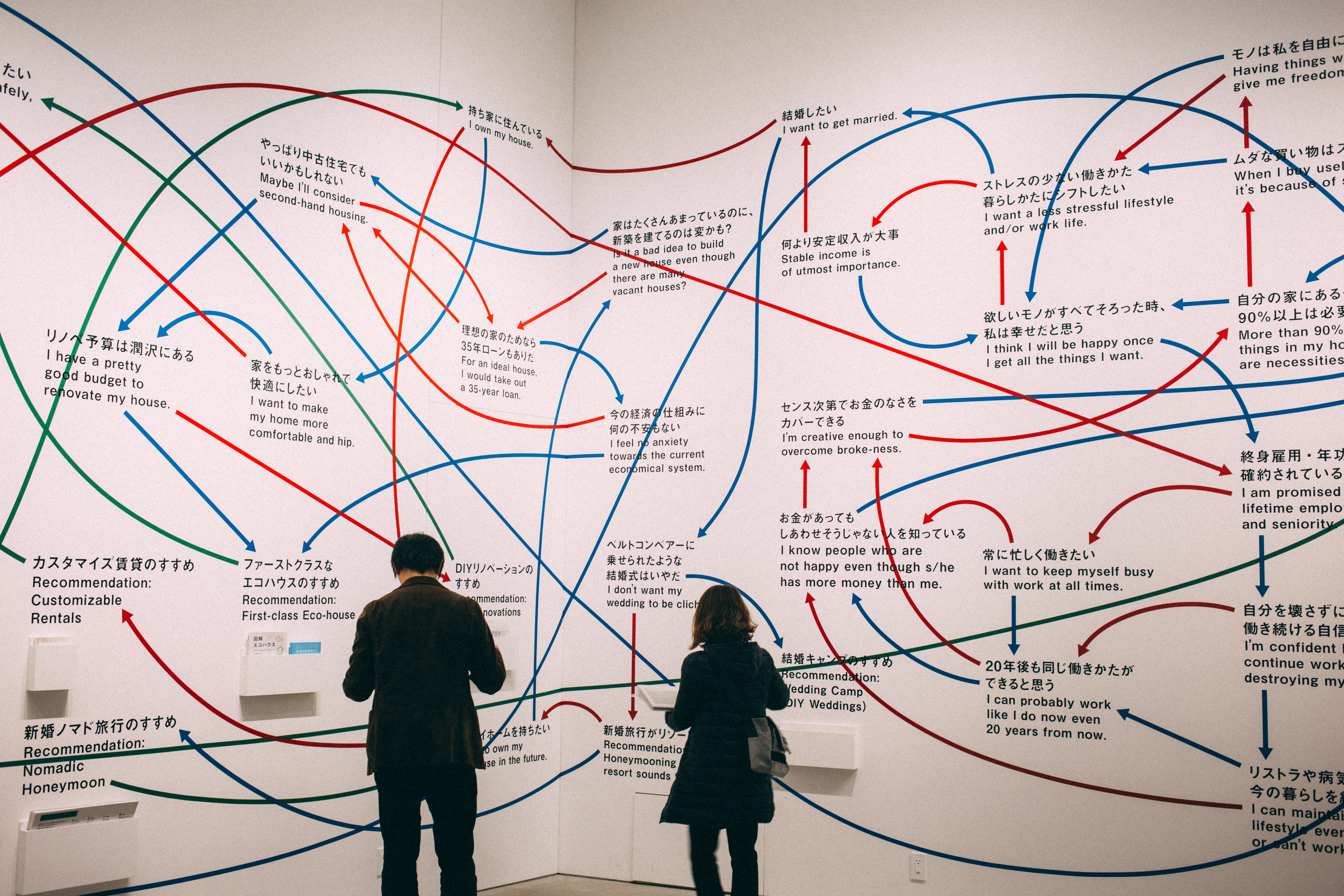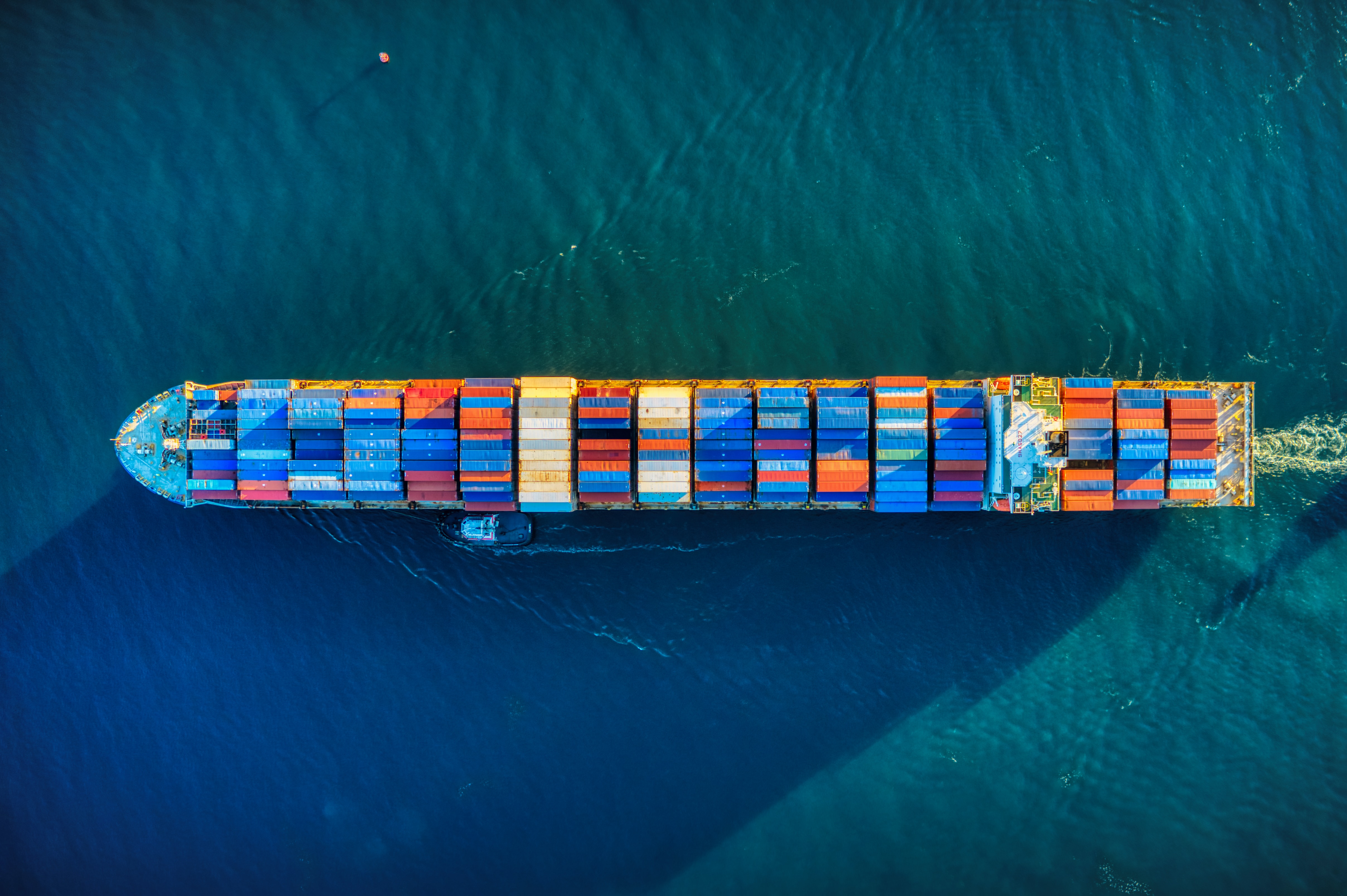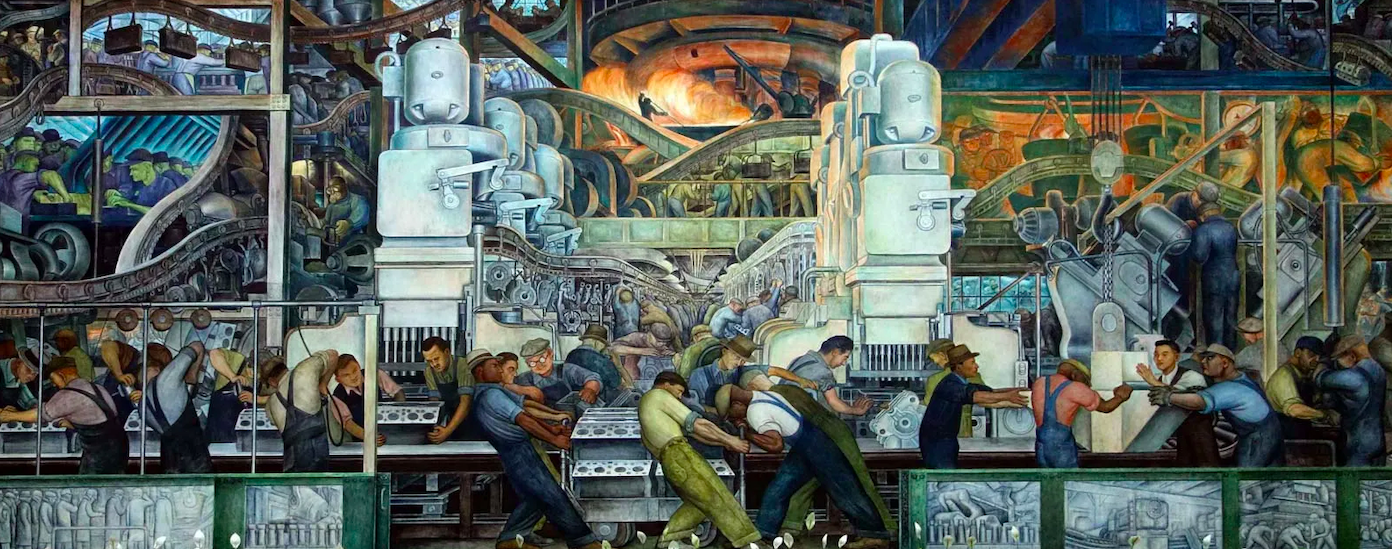How and at what scale does state power persist in globalization processes? How can large-scale social relationships be democratized?
-
 Our inquiryWe ask how and at what scale state power persists in globalization processes and how large-scale social relationships can be democratized. The objective of the group is to frame questions on the relationship of politics and space in new ways at a moment where globalization is being profoundly restructured.
Our inquiryWe ask how and at what scale state power persists in globalization processes and how large-scale social relationships can be democratized. The objective of the group is to frame questions on the relationship of politics and space in new ways at a moment where globalization is being profoundly restructured.
The group will bring together OSUN Faculty as well as additional experts in regular meetings for a planned period of three years.
We will have three annual meetings and regular online sessions (5-6 per year) for participants to discuss readings, ideas, and their own work. The following three main themes will serve as a more general orientation:
Year 1- Global Democracy: Governing at scale
Year 2 - Global Production: Sustainable Divisions of Labor
Year 3- Globalization Reconsidered: New geopolitical imaginaries. -
 Background contextModern social systems operate at the large scale. For a long time their geographical size seemed to hold a range of emancipatory promises: a larger pool of talents for a national society's political elites, increased productivity and innovation in larger markets, international peace through global codependencies. After the fall of the iron curtain, space and scale even seemed to lose in importance altogether. Globalization peaked. New transportation and communication technologies, coupled with proliferating regional trade agreements and a triumphant economic liberalism in international institutions seemed to render geographic distance meaningless in both political practice and social analysis.
Background contextModern social systems operate at the large scale. For a long time their geographical size seemed to hold a range of emancipatory promises: a larger pool of talents for a national society's political elites, increased productivity and innovation in larger markets, international peace through global codependencies. After the fall of the iron curtain, space and scale even seemed to lose in importance altogether. Globalization peaked. New transportation and communication technologies, coupled with proliferating regional trade agreements and a triumphant economic liberalism in international institutions seemed to render geographic distance meaningless in both political practice and social analysis.Background context
However, recent events question the assumption of an end of geography. Economic globalization, which put national political systems under pressure, has itself come under critique. Covid has rendered the vulnerability of global supply chains visible. The Russian invasion of Ukraine and new conflicts in the South China Sea and the Arctic have revived geopolitical zero sum competition and undermined international institutions, posing new challenges to the viability of international law. Trumpism and new nationalist movements further an attack on the mechanisms of non-nativist liberal democracy and a critique of distant, technocratic institutions.
Even as large-scale internationalist systems have become fragile, scholars of government have turned away from national and territorial questions, leaving important questions unaddressed. Are large scale systems actually socially desirable? For whom? Can globalization processes be rendered more democratic? Which type of public good should be procured at what level of government? How can mechanisms of representation be reformed to democratize government institutions? Do divisions of labor need to be downscaled to become more ecologically and socially sustainable? And do political systems need to be upscaled to map onto global economic systems? -
 An OSUN Faculty Working GroupThe group will gather for the first time in Berlin from November 30 to December 2, 2023. The two subsequent annual working groups (Fall '24 & Fall '25) will be followed by a final conference (Fall '26). Travel costs and accommodation for these meetings will be paid for by the organizers. The group will engage in public dialogue and aims to produce educational videos and teaching material that will be made freely available. Beyond this, the group will constitute an active research network that will seek to present its findings to the larger scholarly community through possible book publications, public interviews, and reading groups.
An OSUN Faculty Working GroupThe group will gather for the first time in Berlin from November 30 to December 2, 2023. The two subsequent annual working groups (Fall '24 & Fall '25) will be followed by a final conference (Fall '26). Travel costs and accommodation for these meetings will be paid for by the organizers. The group will engage in public dialogue and aims to produce educational videos and teaching material that will be made freely available. Beyond this, the group will constitute an active research network that will seek to present its findings to the larger scholarly community through possible book publications, public interviews, and reading groups.
The working group includes OSUN network faculty from member institutions with a wide range of disciplinary backgrounds (including political economists, historians, sociologists, political philosophers and theorists, anthropologists, comparative political scientists, and international relations scholars).
Application Deadline has passed
-
 Year 1Global Democracy: Governing at scale. How to democratize political globalization? The size of modern governments has brought with it a new importance of technocratic expertise and professional party politicians that sometimes undermine the democratic process. Moreover, in recent decades, certain social rights have unraveled through welfare state retrenchment and polarization exerts additional pressures on government systems. How can institutions of representative democracy, including electoral, party, and media systems, be reformed to improve accountability of political actors to their constituencies? What role can alternative mechanisms of representation, for instance through sortition play? Is there a need for more representative institutions at scales other than the national and what can we learn from federal traditions in that regard? Can democratic institutions work at the global level? At what scale should different types of public goods (education, mobility, social insurances, etc.) be provided to empower individuals as citizens? How can historical injustices within and between nation-states be addressed?
Year 1Global Democracy: Governing at scale. How to democratize political globalization? The size of modern governments has brought with it a new importance of technocratic expertise and professional party politicians that sometimes undermine the democratic process. Moreover, in recent decades, certain social rights have unraveled through welfare state retrenchment and polarization exerts additional pressures on government systems. How can institutions of representative democracy, including electoral, party, and media systems, be reformed to improve accountability of political actors to their constituencies? What role can alternative mechanisms of representation, for instance through sortition play? Is there a need for more representative institutions at scales other than the national and what can we learn from federal traditions in that regard? Can democratic institutions work at the global level? At what scale should different types of public goods (education, mobility, social insurances, etc.) be provided to empower individuals as citizens? How can historical injustices within and between nation-states be addressed?
-
 Year 2Global Production: Sustainable Divisions of Labor. How to democratize economic globalization? To classical liberals, a larger extent of the market also promised a deeper division of labor, and with it technological innovation and social progress. But the size of markets seems to have become a problem, both in maintaining stability across just-in-time global production networks, as well as ensuring fair labor standards in the supply chains and in the sites of extraction, consumption, and production. The rise of global production systems has led to a dramatic externalization of environmental costs to weaker nations and future generations, while labor regimes have been arbitraged and weakened across otherwise very different contexts. What would be more meaningful, democratic and sustainable ways of dividing labor? Do production systems need to be downscaled? If so, what kind of international political architectures and infrastructural systems would that require? In what ways do states govern these economic regimes? And how could they be democratized?
Year 2Global Production: Sustainable Divisions of Labor. How to democratize economic globalization? To classical liberals, a larger extent of the market also promised a deeper division of labor, and with it technological innovation and social progress. But the size of markets seems to have become a problem, both in maintaining stability across just-in-time global production networks, as well as ensuring fair labor standards in the supply chains and in the sites of extraction, consumption, and production. The rise of global production systems has led to a dramatic externalization of environmental costs to weaker nations and future generations, while labor regimes have been arbitraged and weakened across otherwise very different contexts. What would be more meaningful, democratic and sustainable ways of dividing labor? Do production systems need to be downscaled? If so, what kind of international political architectures and infrastructural systems would that require? In what ways do states govern these economic regimes? And how could they be democratized?
-
 Year 3Globalization Reconsidered: New geopolitical imaginaries. How to democratize cultural globalization? The way we imagine the world has a deep impact on the shape and legitimacy of political and economic institutions. The classical geopolitical traditions resonate strongly with 'realist' assumptions of international relations theory. They tend to remake the world in their own image -- as one in which zero-sum competition and conflict between national states are the norm. Notions of inevitability and a resurgence of geopolitical thinking undermine the potential for democratic institution-building at different scales. How have these imaginaries come to dominate public discourses? What are alternative geopolitical imaginaries and which ideational histories and ideas of belonging would it take to build more reliable and just networks of trust? How to address uneven development and historical injustices discursively?
Year 3Globalization Reconsidered: New geopolitical imaginaries. How to democratize cultural globalization? The way we imagine the world has a deep impact on the shape and legitimacy of political and economic institutions. The classical geopolitical traditions resonate strongly with 'realist' assumptions of international relations theory. They tend to remake the world in their own image -- as one in which zero-sum competition and conflict between national states are the norm. Notions of inevitability and a resurgence of geopolitical thinking undermine the potential for democratic institution-building at different scales. How have these imaginaries come to dominate public discourses? What are alternative geopolitical imaginaries and which ideational histories and ideas of belonging would it take to build more reliable and just networks of trust? How to address uneven development and historical injustices discursively?






